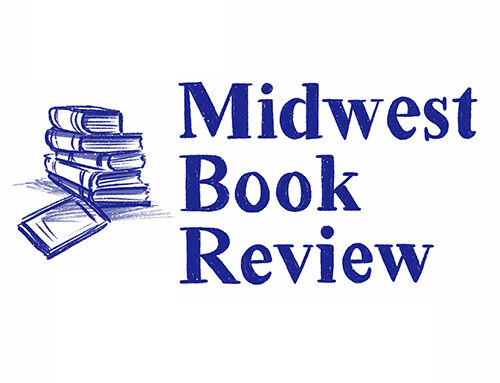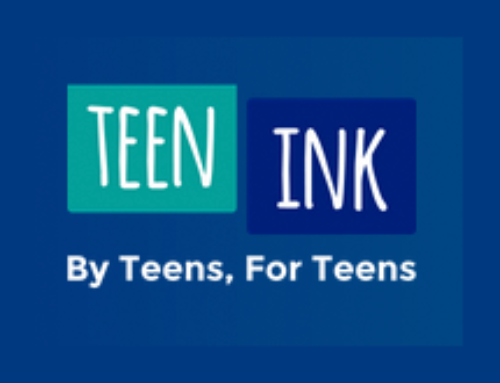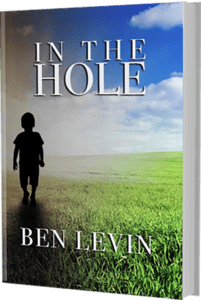
- What inspired you to write this book? Do you know anyone that has been affected by homelessness?
I was inspired to write In the Hole in the winter of eighth grade. I was at Hebrew School and my rabbi showed my class and I a video about children who were facing homelessness in Florida. Viewing this video made me want to help the homeless community and I wondered if my writing could be my tool to help. I then envisioned David and his story slowly came to me.
While I have not met anyone who is homeless in person, when I was doing research for In The Hole, I have met a couple of women who’ve both experienced homelessness, though they’ve both exited the crisis and now spend their time working with organizations to help the less fortunate.
- You have a very sympathetic perspective on what homelessness means for young people. What kind of research did you do?
I interviewed around a dozen people when researching for In the Hole. One was Maria Foscarinis, the founder and former executive director of the National Homelessness Law Center. I also interviewed Kirsten Corley of Covenant House, New Jersey, which supports homeless and/or trafficked youth. In addition, I interviewed people who house the homeless and work with addicts, as well as people who have themselves experienced homelessness.
These interviews taught me some shocking truths. For example, in many states there are enormous numbers of empty luxury apartments and homeless people on the streets at the same time. The other is people facing homelessness often have to prove their “readiness” before being housed again. These things are not okay!
- We heard you had a launch event for the book. How did it go?
The launch event for In the Hole was a special night, with more than 70 participants. We had four guest speakers: two national experts on homelessness, a local shelter volunteer, and a woman who had experienced chronic homelessness. I gave a reading from In the Hole, and we discussed the importance of awareness, especially in kids. We had cool prizes, including t-shirts, bookmarks, tickets to a private writing class which I will lead later this summer, and getting to be a character in one of my books! One of the best parts of the evening was how interested in the subject everyone was. If we can get enough people together who truly care about ending homelessness, then we can do it.
4. You write for children and young adults. Why is this is important for you?
My childhood and my passion for reading and writing was shaped by the books I read, and I believe it is important to bring stories to younger generations so they too can be motivated to become writers.
I also want to bring joy and pleasure to children, especially those in elementary and middle school, through my writing. In addition, I want to use my writing to raise awareness about the causes I believe in. After all, that is why I wrote In the Hole—to raise awareness about the homelessness crisis.
- Tell us more about your Nellie’s Friends series. What are they about? How many have you written so far?
Nellie’s Friends is about a girl named Nellie Adams, whose family moves to a different state. After leaving behind all her friends, making new friends becomes Nellie’s favorite hobby. In each book, Nellie makes a new friend. Nellie’s Friends explores themes of loyalty, overcoming struggles, and the power of friendship. I wrote Nellie’s Friends to explore an interest I had in things stereotypically meant for girls, such as dolls and books about them. Having these interests felt embarrassing, but it was worth it to find something that will hopefully bring pleasure to kids and families.
I wrote 44 Nellie’s Friends books. Nellie’s Friends was the second project I took on and it is at the heart of my collection of books.
- Optional: How has autism provided you with gifts that have contributed to your writing?
When I was young and did the Son Rise program to learn to connect, I bonded with my homeschool teachers through storytelling which reinforced my passion for stories. I am good at coming up with different storylines and hanging onto them, which I believe is also because of my autism. Finally. I have an ability to just concentrate and tune everything else out, which is largely because of my autism, especially with creative things. When I was little, I used to spend hours doing creative activities such as building train sets, drawing mazes, and coming up with stories involving my plastic animals. This concentration and commitment has helped me hang on to my passion for my writing, especially when I’m really in the moment.




